As a professional hypnotherapist or hypnosis student, the more you learn, the better you are at understanding and mastering hypnosis. In our opinion, one hypnosis book is just not enough! Frankly, 10 isn't enough either. Read, read, read. As much as you can, harvest every nuance from anyone who has value to add to your existing knowledge. Never stop learning.
With that in mind, we (Maggie and Keith) have put together a list of hypnosis books we have valued over the years in our "Top 10 Hypnosis Books for Hypnosis Professionals" list.
Our list includes what we think are valuable books for professionals in the field. This list has been mainly curated by Keith Livingston and Maggie Heath, with some input from our hypnotherapist colleagues and from the internet at large. These books cover a wide range of topics related to hypnosis, including techniques, theory, and applications.
Full disclosure, most of the book descriptions were written by OpenAI's ChatGPT, and edited by Maggie Heath. As much as possible, the book images link to the most relevant websites for each book.
Top 10 Hypnosis Books
"Hypnotherapy" | by Dave Elman |
Originally published in 1964, this influential book remains a cornerstone for both seasoned practitioners and newcomers to the art of hypnotherapy. Dave Elman, a renowned hypnotherapist and educator, shares his knowledge and practical insights into the application of hypnosis for therapeutic purposes. The book goes into detail about the "Elman Induction", and is filled with case studies, anecdotes, and detailed explanations. | |
"My Voice Will Go with You: The Teaching Tales of Milton H. Erickson" | by Sidney Rosen |
Compiled by Sidney Rosen, this book offers a collection of therapeutic anecdotes and parables employed by the legendary psychiatrist Milton H. Erickson. Erickson was a pioneer in the field of hypnotherapy and strategic psychotherapy, and his unconventional and innovative approaches are skillfully revealed through these teaching tales. It is hands down one of my (Maggie's) favorites. I must have read it 10 times, getting lost in the tales and letting the patterns flow through my subconscious mind. | |
"Hypnotherapy: An Exploratory Casebook" | by Milton H. Erickson, Ernest Rossi, and Sheila I. Rossi |
Dive into the intricate world of therapeutic exploration through the eyes of one of the most influential figures in modern hypnotherapy. This casebook, compiled by Milton Erickson's colleagues Ernest Rossi and Margaret O. Ryan, delves into a collection of detailed and enlightening case studies that showcase Erickson's remarkable skill in guiding individuals toward transformative change. Each case presents a unique puzzle, unraveling the intricacies of the human mind and offering profound insights into the possibilities of hypnotherapy. | |
"Trancework" | by Michael D. Yapko |
Renowned psychologist and hypnotherapist Michael Yapko draws on decades of experience to present a thorough exploration of the theory and practice of hypnosis in therapeutic settings. This extensively revised and updated edition provides a clear and accessible overview of the principles behind hypnosis, accompanied by practical techniques and case examples. Yapko skillfully combines research findings with his practical insights, highlighting the versatility and effectiveness of hypnosis as a therapeutic tool. | |
“Hypnosis and Suggestion in Psychotherapy” | by Hippolyte Bernheim |
|
Originally published in the late 19th century, this classic text remains influential in the field. Bernheim, a French physician and neurologist, delves into the power of suggestion and its profound impact on the therapeutic process. His insightful observations and case studies provide a foundation for understanding the role of hypnosis in alleviating various psychological and physical ailments. Bernheim's work contributes to the understanding of the mind-body connection, highlighting the potential for positive change through the skillful use of suggestion. | |
"Hypnosis for Change" | by Josie Hadley and Carol Staudacher |
|
This is a dynamic exploration into the transformative potential of hypnosis for personal growth and positive change. As such, this book serves as a comprehensive guide for individuals seeking to harness the power of the the mind. Hadley draws upon her extensive experience as a hypnotherapist and educator to provide practical insights, exercises, and case studies that illustrate the versatility of hypnosis in fostering positive transformations. Although geared toward self improvement, a lot can be learned from studying this book. | |
"The New Encyclopedia of Stage Hypnotism" | by Ormond McGill |
|
Wait - these are all books for hypnotherapists, right? Yes, and I'll tell you that I have not read a more useful book regarding the brass tacks of hypnosis. Hypnotherapy is the use of hypnosis as a therapeutic tool, but being really a really skilled hypnotist is at the core of making this tool useful. This book is a comprehensive and authoritative resource for anyone studying hypnotism, stage or otherwise. In it, McGill shares his vast knowledge and practical insights gained from decades of experience as a hypnotism expert. | |
"The Art of Hypnosis: Mastering Basic Techniques" | by Roy Hunter |
|
With over three decades of experience as a hypnotherapist and educator, Hunter shares his expertise in this accessible and comprehensive resource. The book covers essential techniques, from inducing trance to formulating effective suggestions, providing step-by-step instructions and real-world examples. Hunter emphasizes the importance of ethical practice and empowers readers to harness the transformative power of hypnosis responsibly. | |
"Handbook of Hypnotic Suggestions and Metaphors" | edited by D. Corydon Hammond |
|
Drawing on decades of clinical experience, Hammond provides a rich collection of scripts and therapeutic interventions that cater to a wide range of issues, from habit control to emotional healing. The handbook serves as a treasure trove for both novice and experienced hypnotists, offering creative approaches and language patterns to effectively engage the subconscious mind. We recommend studying it in your endeavors to craft your own powerful suggestions and metaphors. | |
“Hypnosis and Suggestion in the Treatment of Pain” - A Clinical Guide | by Joseph Barber |
|
A groundbreaking exploration into the powerful intersection of hypnosis and pain management. Drawing on extensive clinical experience and research, Barber provides a comprehensive guide into the theoretical foundations of hypnosis and suggestion. At the same time, he offers practical, evidence-based techniques for integrating these approaches into pain treatment protocols. As my mentor of many years, this was one of the books Keith recommended to me (Maggie) when I first started treating clients for pain relief. |
Bonus Book Suggestions:
These books are not necessarily hypnosis books, but personal favorites of some of our staff that they deem relevant to their success as hypnotherapists.
“Core Transformation” | by Connirae and Tamara Andreas |
Rooted in the principles of Neuro-Linguistic Programming (NLP), this book introduces the Core Transformation process, a profound approach to navigating inner conflicts and achieving profound personal change. Whether or not you are familiar with NLP, this process can be used within a hypnotherapy session with powerful results. I had so many clients that found a life changing perspective shift by going through the "Core Transformation" process, that I would call this one of my favorite processes, and books. | |
“Communication Magic” | by L. Michael Hall |
As hypnotherapists, understanding communication on all levels is key. Dr. Hall, a renowned expert in the field of Neuro-Semantics, delves into the intricacies of human interaction, with practical strategies to enhance communication skills. Going beyond traditional communication advice, you'll be introduced to cutting-edge techniques that draw from the fields of NLP and cognitive psychology. Dr. Hall explores the art of persuasion, influence, and building meaningful connections through language and non-verbal cues. | |
“Using Your Brain - For a Change” | by Richard Bandler |
Bandler, one of the co-founders of NLP, takes readers on a journey to understand and leverage the inherent capabilities of the mind for positive change. Through engaging anecdotes, practical exercises, and innovative techniques, Bandler demonstrates how to break free from limiting patterns, overcome challenges, and enhance personal effectiveness. This book is a roadmap to unlocking the potential of the brain, offering insights that can lead to profound shifts in perception and behavior. | |
"Flow: The Psychology of Optimal Experience" | by Mihaly Csikszentmihalyi |
A groundbreaking exploration into the state of optimal human experience. Csikszentmihalyi, a renowned psychologist, takes readers on a journey to understand the concept of "flow," a mental state characterized by complete absorption and focus in an activity. Drawing on extensive research, real-life examples, and compelling anecdotes, the book explores how individuals can achieve a heightened sense of fulfillment and happiness by immersing themselves in activities that challenge and engage their skills. |
There is Always More To Learn
Let's face it. A lot of these books will have similar information. Or not. They each come from the perspective of their originator, meaning they each have value to offer YOUR perspective.
Whether you are reading a book about hypnosis, or a specific process, or just the mind, psychology, human behavior, etc...you are reading something to inform your work as a hypnotherapist.
Here's a question for you: Do you know who Benjamin Franklin was?
Well, according to Michael Simmons, you only know who Benjamin Franklin was because of the "5 Hour Rule". Simply put, 1 hour a day, 5 days a week, should be spent in learning. For the rest of your life. About anything and everything. According to Simmons, this is WHY he has the life he has, and why Franklin rose from being a "nobody" to a historical figure.
In conclusion: NEVER STOP LEARNING.

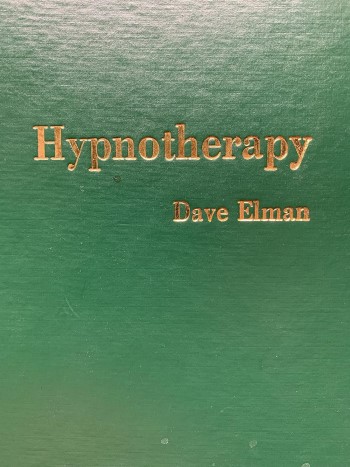
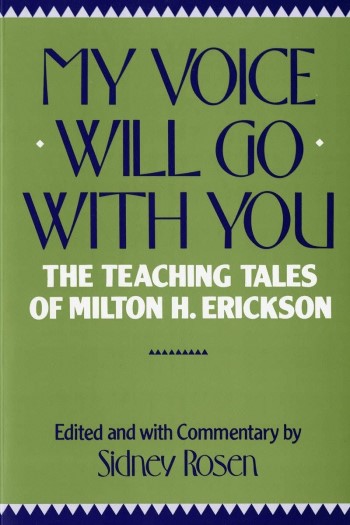
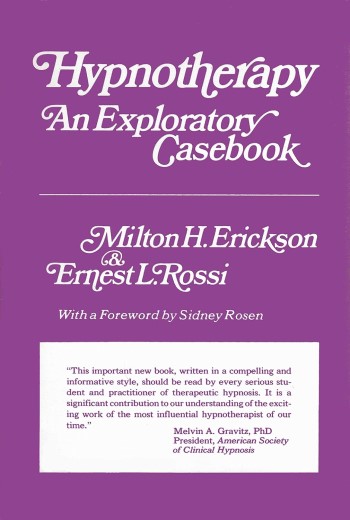
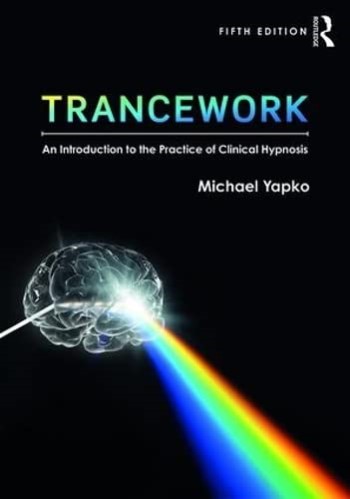
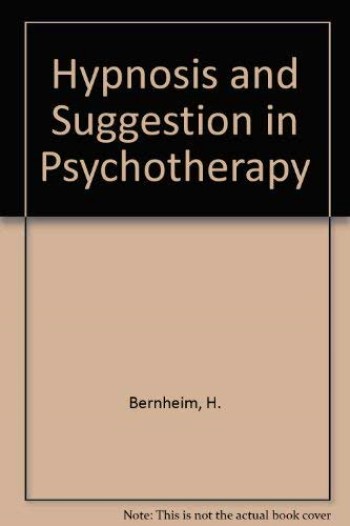
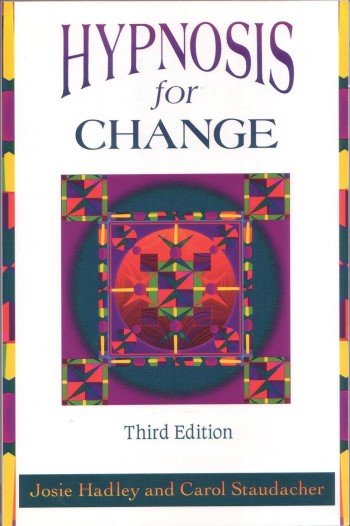
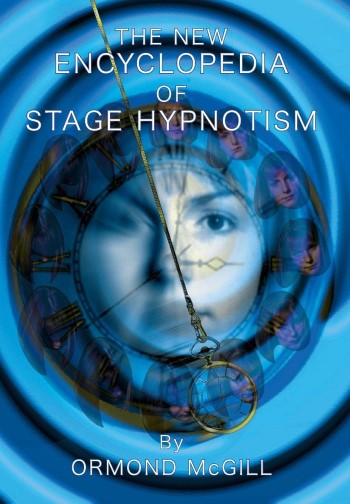
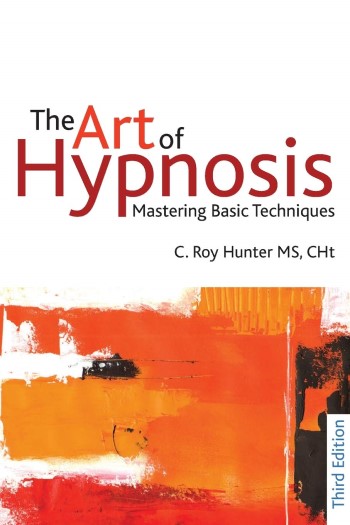
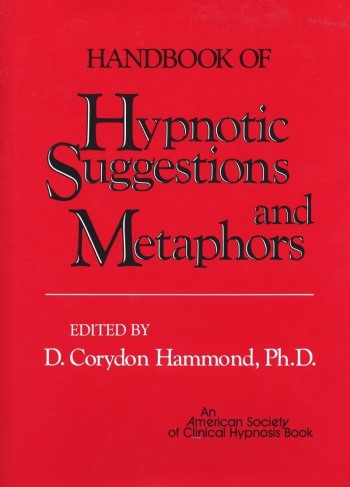
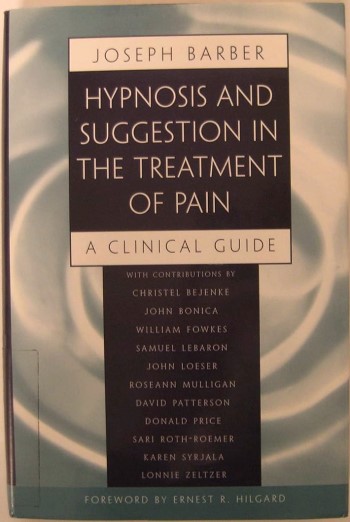
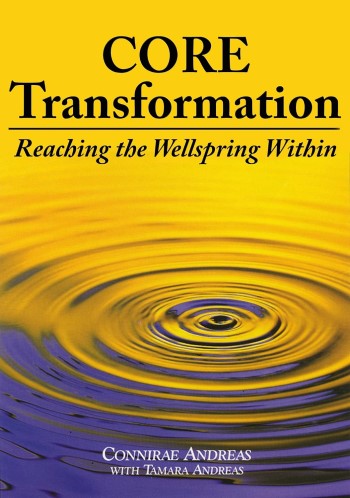
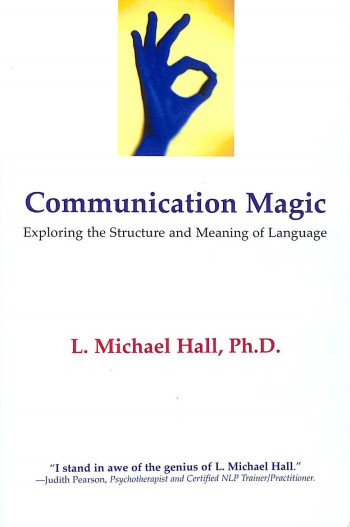
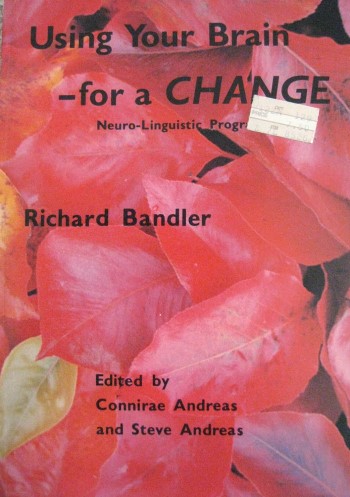


Thank you for sharing these books, yesterday I just asked the universe how I can be better and better in hypnosis and the universe answers me ?? I’ll read them all not just one time I believe to make it stick to my mind I have to read it so many times,
Cause really as you said never stop reading or learning and this is part of me to learn more and more.
Thank you again ??
I’m glad to hear you found value in the list 🙂
Keith
Thank you so much for this list of books, it ignited my enthusiasm to keep on learning!
I’m so glad you were inspired. I hope one or more of these books makes it into your library. 🙂